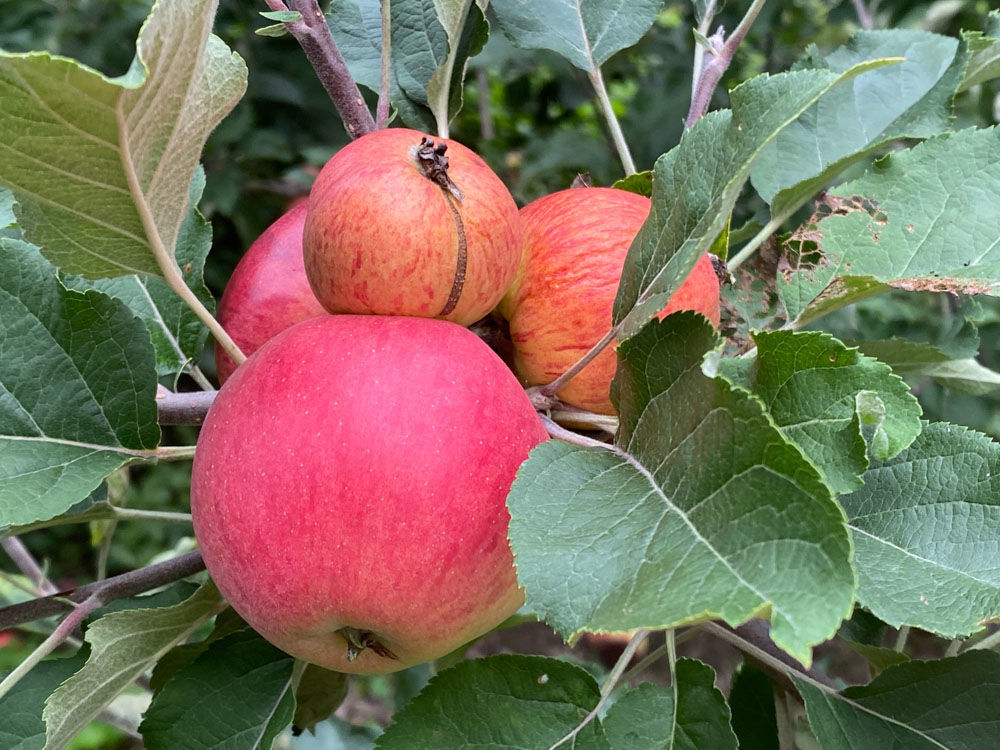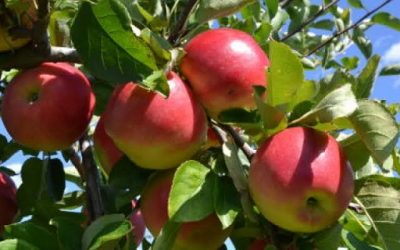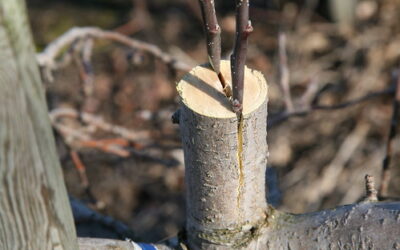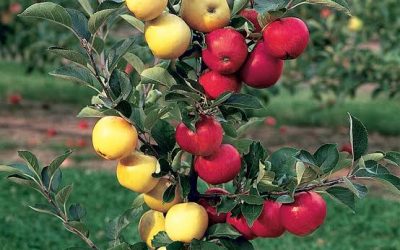Why Apples at your farm may taste bitter.

Almost everyone enjoys apples, and with so many different varieties to choose from, there’s usually something for every palette. However, occasionally you might bite into a rather bitter-tasting apple. Here we’ll talk about why this can happen and steps to take to ensure that your apples taste delicious.
Three main reasons contribute to the bitter taste of apples. The first reason is a high level of naturally occurring tannins in some varieties. The second reason occurs when the apple tree has experienced a “Bitter Pit” disorder, affecting the crop’s taste. The third involves the storage of the apples.
As I mentioned, some apple varieties are prone to having high levels of a naturally-occurring substance called “tannins,” which makes them have a bitter taste. Usually, in fruit (like grapes), the tannins are found primarily in the skins, seeds, and stems. However, apples also have tannins in their flesh.
Most apples sold at the grocery store for eating have lower levels of these tannins, making them taste sweeter and not bitter.
Apple varieties intended for cooking typically have higher levels of tannins and lower levels of sugar, so they would taste a bit more bitter if you tried to eat them. They have a firmer texture as well, which also affects their enjoyableness.
Finally, the types of apples used to make cider or alcoholic cider have the most tannins. These apples would taste extremely bitter if eaten raw, and you would notice the difference immediately. However, when fermented into cider, they have just the right taste.


